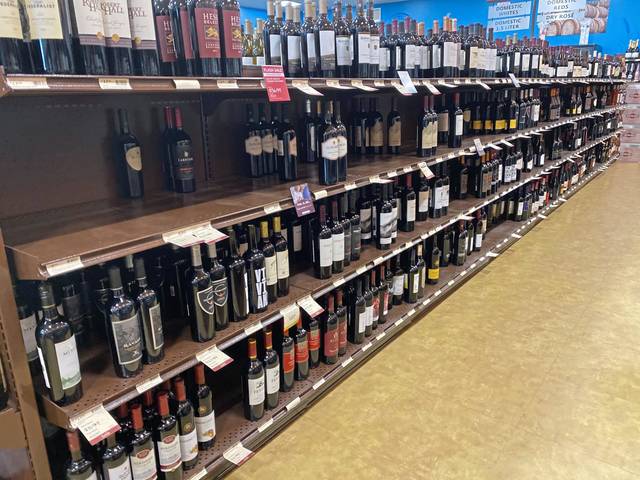Deriding the way alcohol is sold in Pennsylvania is nothing new.
The coronavirus pandemic and the state’s social distancing shutdowns didn’t build the walls around the bottle in the Keystone State. The system has long been one of the most controlled in the country, with the state acting as chief wholesaler and retailer.
The extent of that control was shown on March 17 at 9 p.m., when all Fine Wine & Good Spirits locations closed on the governor’s order. Online sales opened April 1, with fitful access. Over the weeks, the state bolstered the website’s supply chain, and then opened up select retail stores for called-in and picked-up orders. On Monday, most stores will be open for the limited curbside service.
Pennsylvanians who drink — that is, the vast majority of adults — have been vexed. But in these tense times, let’s also summon some perspective. If the state was quarantined in 2000 instead of 2020, picking up a bottle of wine or a six-pack of beer, or obtaining some distilled spirits, would have been a lot harder than it is today.
In recent years, places like Sheetz and Giant Eagle won the right to sell beer and wine, and now many convenience and grocery stores resemble their counterparts across the nation. Pennsylvania distilleries began to grow over the past decade and their products, while premium priced and pitched at a boutique market, can be sold directly to consumers. Beer distributors were spared in the statewide shutdown of non-life-sustaining businesses.
So if beer distributors were essential, why did the state’s Fine Wine & Good Spirits stores have to close? Why did Pennsylvanians have to go without their favorite cheap vodka — or drive to Ohio, Maryland or West Virginia, like a Prohibition bootlegger sneaking in to Canada?
One answer is that LCB acted much like Starbucks or Apple, which closed all of their retail outlets in March, for the safety of their staff and their customers. Starbucks has been gradually opening limited services, much like the LCB has been doing.
The totals for the first three days of recently- started curbside sales are brisk — more than 25,000 orders adding up to about $2.3 million. That should spike Monday.
The LCB’s adjustments since the March 17 shutdown are an echo of the system’s evolution over recent decades. At one time, state stores were like pharmacies, dispensing booze from behind the counter. Under public and political pressure, the LCB made alcohol sales more accessible — nicer stores, bigger selection, more flexibility — while maintaining control, and funneling profits into the state’s coffers.
Over the last month, the state lost untold millions with its limited sales, but private businesses were still able to provide customers service without state competition. Over the last week, the reopened stores have tried to find a way to give Pennsylvanians what they want while still maintaining safety.
Maybe this will even help change access in the future. Maybe the insight into what the residents want will help the state cut even more of the strings that still tie up liquor sales in the state. But for better or worse, the LCB is not going away — as long as it keeps listening to its customers.








